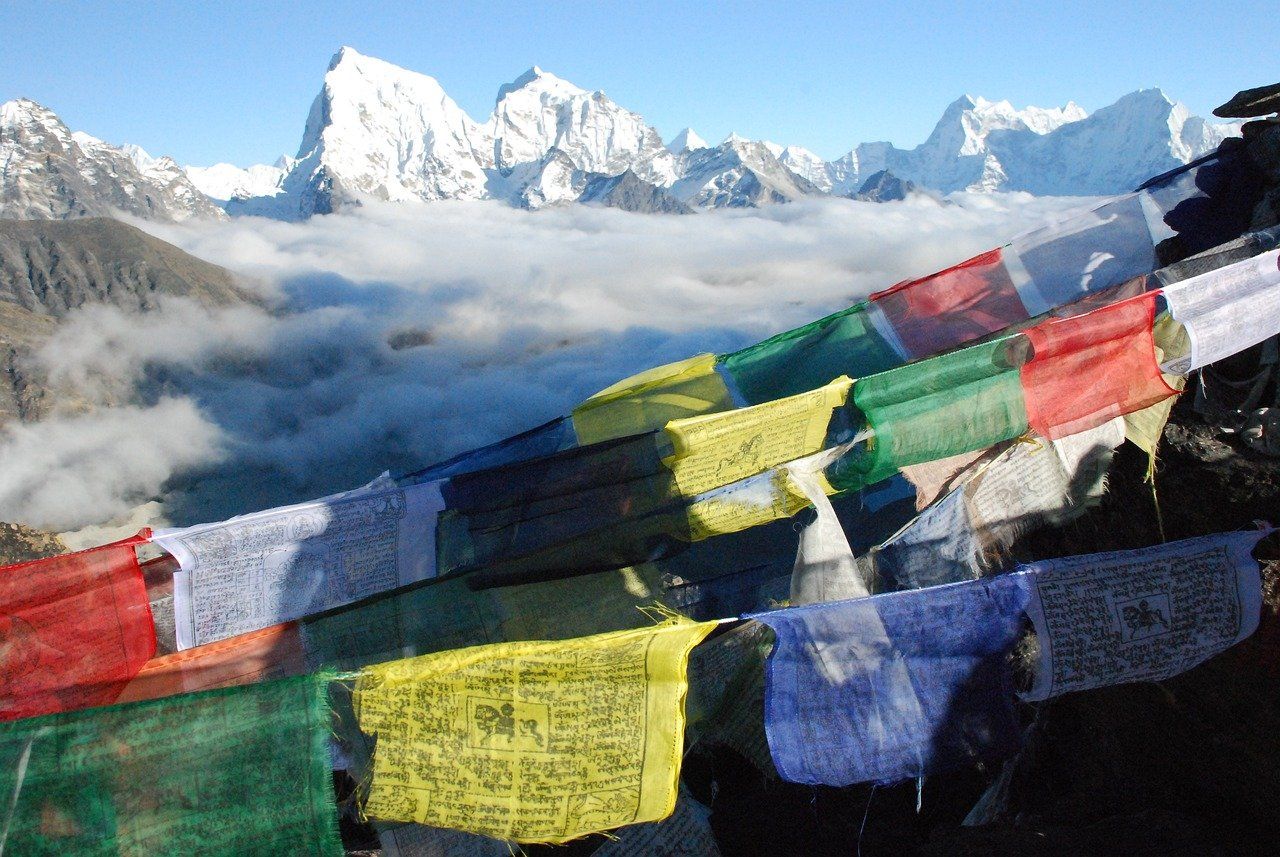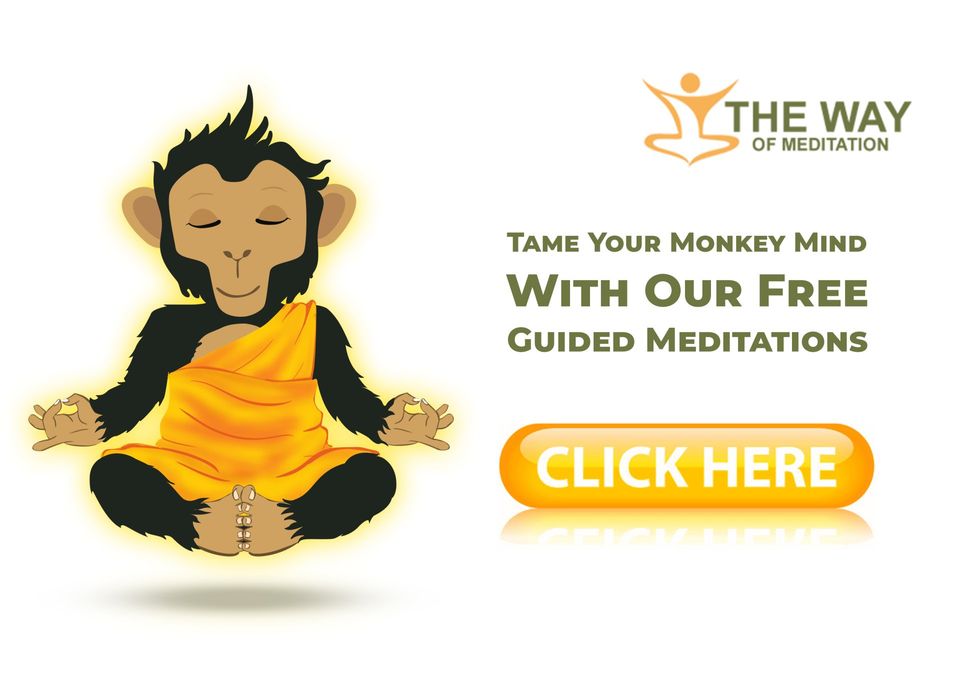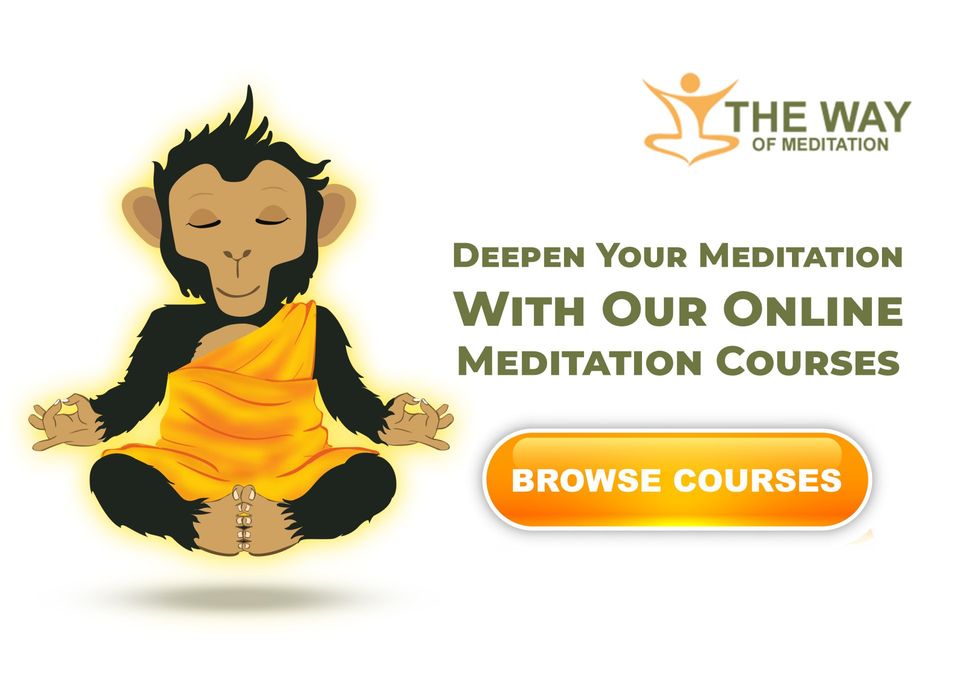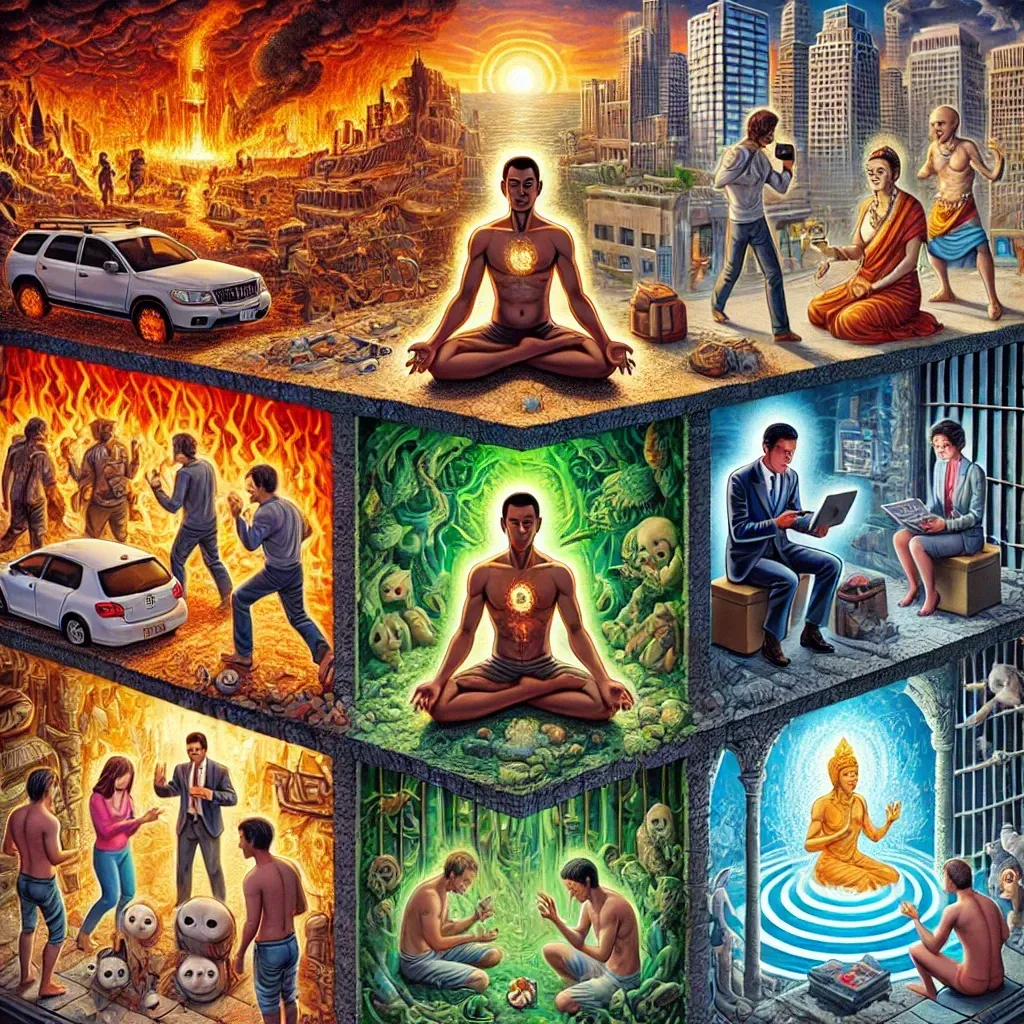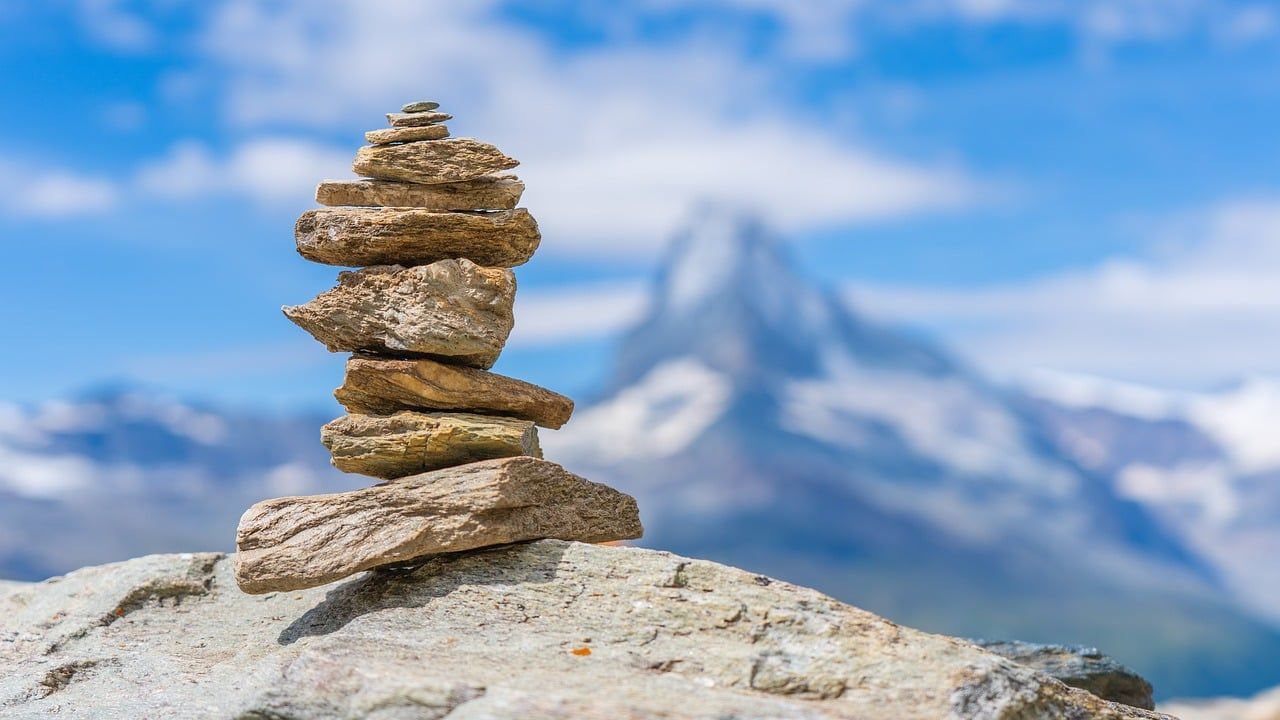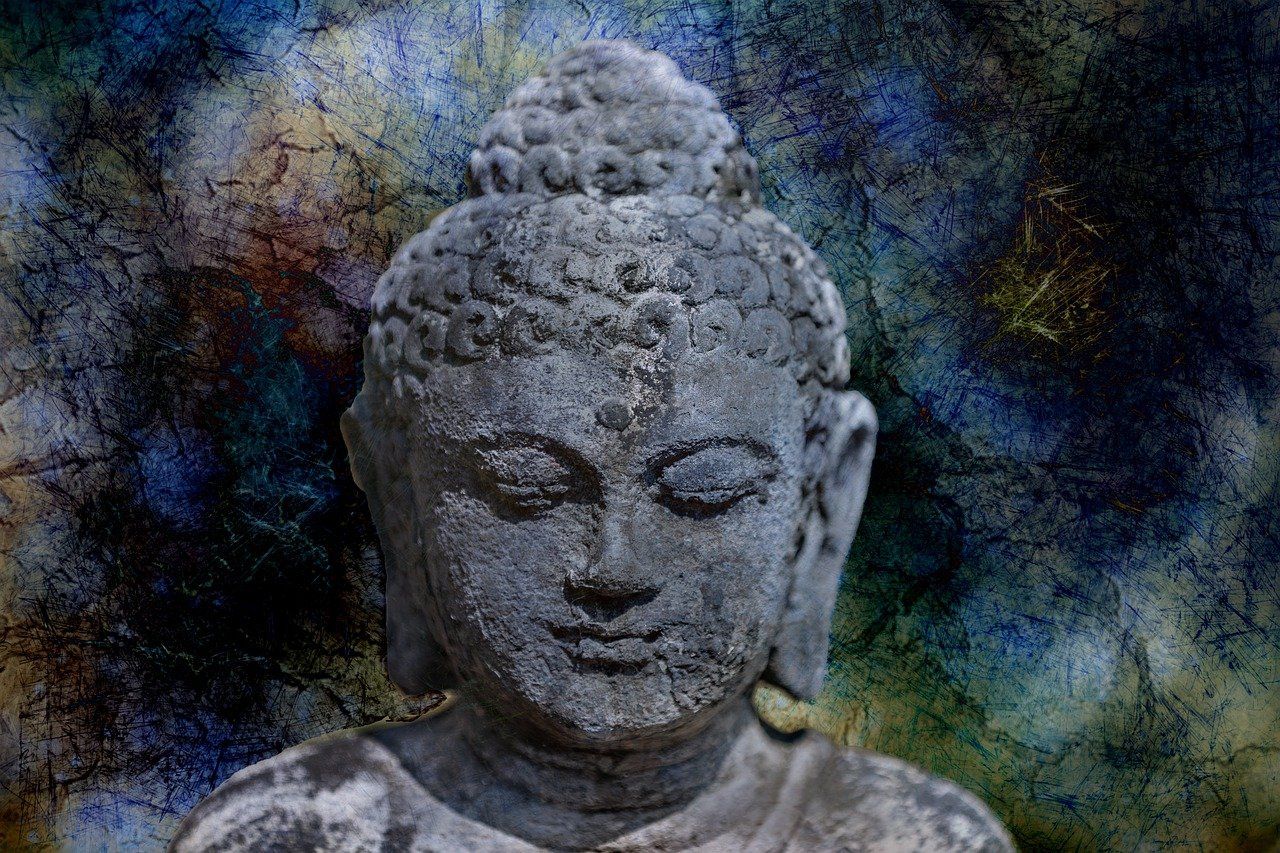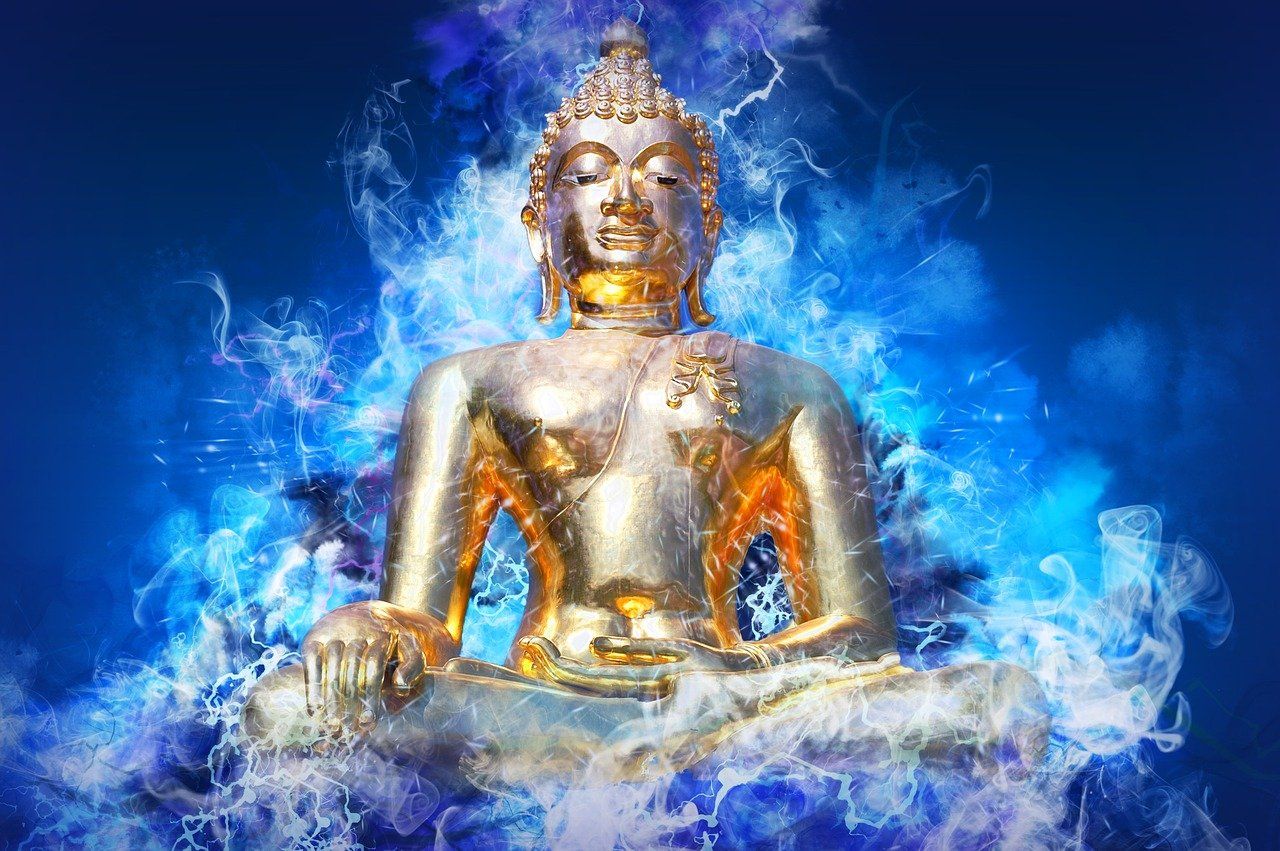The Way of Meditation Blog
Bringing Ancient Wisdom Into The Modern World
What I Learned Training In A Zen Monastery
Giovanni Dienstmann • February 3, 2019
Zen Monastery
To say that life at the Zen temple was simple would be an understatement. There was no time for wandering, chit-chatting or, needless to say, using technology. No TV, no phones, no entertainment. And almost no choosing. Every hour of the day was scripted into a very clear and tight routine – seated meditation, working in the temple (cleaning the hall, assembling wood, cooking, etc.), eating or sleeping. There was a time for everything, and my practice was to be 100% present in the moment, and to just follow wholeheartedly that lifestyle.
At 4:45am the bell would ring, and it was time to immediately get up, brush my teeth, get changed, and quickly go to the meditation hall – all in less than 15 minutes. It was not “stressful”, but it did require full presence of spirit. No time to be wandering with my thoughts and feelings, or else I would be late. The time given was intentionally short for the purpose of this training.
At 4:45am the bell would ring, and it was time to immediately get up, brush my teeth, get changed, and quickly go to the meditation hall – all in less than 15 minutes. It was not “stressful”, but it did require full presence of spirit. No time to be wandering with my thoughts and feelings, or else I would be late. The time given was intentionally short for the purpose of this training.
You see, one of the tenets of Zen training is that body and mind are one. When your mind is wandering, your body will show; it will be less flowing, less alive, and less “efficient”. Life in a monastery is set up in a way to make such moments painfully clear. It works as a huge mirror for ourselves, showing when we are truly living life, or when we are just engaged in our own mental chatter.
At the end of the morning meditation, the bell would ring again and it was time to go to the kitchen to prepare the breakfast together with the head nun. The routine for that was also intensely meticulous, requiring full attention in the present moment, as well as attending to multiple things simultaneously. The nun seemed to be able to read my mind through my activity, and would always call my attention whenever my thoughts engaged into memories or imagination. “Where are you now, Giovanni? The rice is cooking…”
Hour after hour, there was always something we needed to attend to in the present moment. Regardless of what was going on inside me, the monastery had its own life; its own routine. And I had to respond to it, to be one with it. It was life happening at every moment; not asking my permission, not caring about my moods and opinions.
When the bell rang, it didn’t matter if I was feeling tired or excited, happy or depressed, worried or confident – it was now time to wash the floor. Sometimes my mind was busy or absent. Then my movements would be slow, uneven, and the broom would make more noise when sweeping the floor. I would then feel a tap on my shoulder… The nun, holding her own broom, stops and reminds me: “This moment, Giovanni. This is all you have.”
At the end of the morning meditation, the bell would ring again and it was time to go to the kitchen to prepare the breakfast together with the head nun. The routine for that was also intensely meticulous, requiring full attention in the present moment, as well as attending to multiple things simultaneously. The nun seemed to be able to read my mind through my activity, and would always call my attention whenever my thoughts engaged into memories or imagination. “Where are you now, Giovanni? The rice is cooking…”
Hour after hour, there was always something we needed to attend to in the present moment. Regardless of what was going on inside me, the monastery had its own life; its own routine. And I had to respond to it, to be one with it. It was life happening at every moment; not asking my permission, not caring about my moods and opinions.
When the bell rang, it didn’t matter if I was feeling tired or excited, happy or depressed, worried or confident – it was now time to wash the floor. Sometimes my mind was busy or absent. Then my movements would be slow, uneven, and the broom would make more noise when sweeping the floor. I would then feel a tap on my shoulder… The nun, holding her own broom, stops and reminds me: “This moment, Giovanni. This is all you have.”
It was the same thing with the food that was served. Sometimes I liked it, sometimes I didn’t. But that was the food that was given, and there was no other option. I remember the first breakfast there… Aside from the Japanese soup, it included bread and jam. Problem is, I always hated jam… (I know, right, what type of person hates jam?!) so I would eat just the bread, leaving the jam untouched. Soon the nun noticed. “We are here to develop a mind of equanimity, and not to be picky. Learn to work with what life gives you. How would the Buddha eat the breakfast?”
I understood the subtle cue. So, on the following morning I made the effort to try the jam. I observed my hand getting the jam and placing that terrible spread all over my beautiful slice of bread, and then taking it to my mouth. My thoughts were that it would taste bad. But I chose to just do it, and to be mindfully there.
To my surprise, it did not taste bad. It just tasted… different! Suddenly I could eat the jam with no problems. At the end, I even learned to enjoy it.
Life at the monastery was full of tiny demands to be fully in the present, to let go of preferences, moods and opinions, and “just flow”. The sum of all these parts, day after day, facilitated the mind to learn to operate from a more open space, a larger space.
After a couple of weeks at the monastery, something very powerful started happening. I was able to just be there, not needing to know what was going to happen, and to meet life in the present moment. Instead of my thoughts and feelings, Open presence (or mindfulness) had become the dominant force. My “self” was no longer a small dark thing inside my brain; it was now embracing the whole monastery and integrating skilfully with life around me.
This was one of the greatest lessons from that period of intense training. Indeed, one of the hundreds of scientific meditation benefits is developing equanimity, which is the capacity to maintain internal calmness and composure in all moments, instead of being swayed by the opposites. To meet pleasure and pain, praise and blame, good and bad luck, with the same state of mind. This virtue will give you almost “superhuman” powers of clarity and strength through challenges that make most people experience confusion, anxiety or stress.
No matter what is happening outside yourself, or even inside yourself, you have the ability to meet life with presence of spirit and wisdom. You don’t need to be a puppet of your thoughts and feelings – they only have the power you give them. For this truth to be your own, you need the courage and discipline to be present, mindful and open throughout all challenges in your life. And to realize that how you react to events is a choice – however automatic it may be – and not a necessity. You have the power to change it.
Every time the bell of life rings, you can be there with mindfulness and an open heart, or you can be half there and half in your stories. You can choose to see that event through the eyes of your preferences and your emotions; to try to force reality into your personal bias. Or you can experience it and respond from a deeper place inside yourself – a place that sees all events as opportunities to express your true self, and all moments as equally precious. This is a place of non-judgement, of rest, of equanimity. This is the place the Buddha lived from.
Acceptance is not passive resignation. It changes the focus from fighting the present moment to working with the present moment – either to change it or to enjoy it. You conserve your energy and sanity; and, when needed, you can also powerfully change the reality around you. But first you need to accept and see clearly. Failing to accept things as they are is a source of much suffering.
Whether you stress out and act, or just breathe deeply and act, the outside happening remains the same. The bell of life will keep ringing. But the quality of your experience, of your living, can be very different.
I understood the subtle cue. So, on the following morning I made the effort to try the jam. I observed my hand getting the jam and placing that terrible spread all over my beautiful slice of bread, and then taking it to my mouth. My thoughts were that it would taste bad. But I chose to just do it, and to be mindfully there.
To my surprise, it did not taste bad. It just tasted… different! Suddenly I could eat the jam with no problems. At the end, I even learned to enjoy it.
Life at the monastery was full of tiny demands to be fully in the present, to let go of preferences, moods and opinions, and “just flow”. The sum of all these parts, day after day, facilitated the mind to learn to operate from a more open space, a larger space.
The Choice Of The Present Moment
This was one of the greatest lessons from that period of intense training. Indeed, one of the hundreds of scientific meditation benefits is developing equanimity, which is the capacity to maintain internal calmness and composure in all moments, instead of being swayed by the opposites. To meet pleasure and pain, praise and blame, good and bad luck, with the same state of mind. This virtue will give you almost “superhuman” powers of clarity and strength through challenges that make most people experience confusion, anxiety or stress.
No matter what is happening outside yourself, or even inside yourself, you have the ability to meet life with presence of spirit and wisdom. You don’t need to be a puppet of your thoughts and feelings – they only have the power you give them. For this truth to be your own, you need the courage and discipline to be present, mindful and open throughout all challenges in your life. And to realize that how you react to events is a choice – however automatic it may be – and not a necessity. You have the power to change it.
Every time the bell of life rings, you can be there with mindfulness and an open heart, or you can be half there and half in your stories. You can choose to see that event through the eyes of your preferences and your emotions; to try to force reality into your personal bias. Or you can experience it and respond from a deeper place inside yourself – a place that sees all events as opportunities to express your true self, and all moments as equally precious. This is a place of non-judgement, of rest, of equanimity. This is the place the Buddha lived from.
Acceptance is not passive resignation. It changes the focus from fighting the present moment to working with the present moment – either to change it or to enjoy it. You conserve your energy and sanity; and, when needed, you can also powerfully change the reality around you. But first you need to accept and see clearly. Failing to accept things as they are is a source of much suffering.
Whether you stress out and act, or just breathe deeply and act, the outside happening remains the same. The bell of life will keep ringing. But the quality of your experience, of your living, can be very different.
Get A FREE
Guided Meditation Series
with Chad Foreman
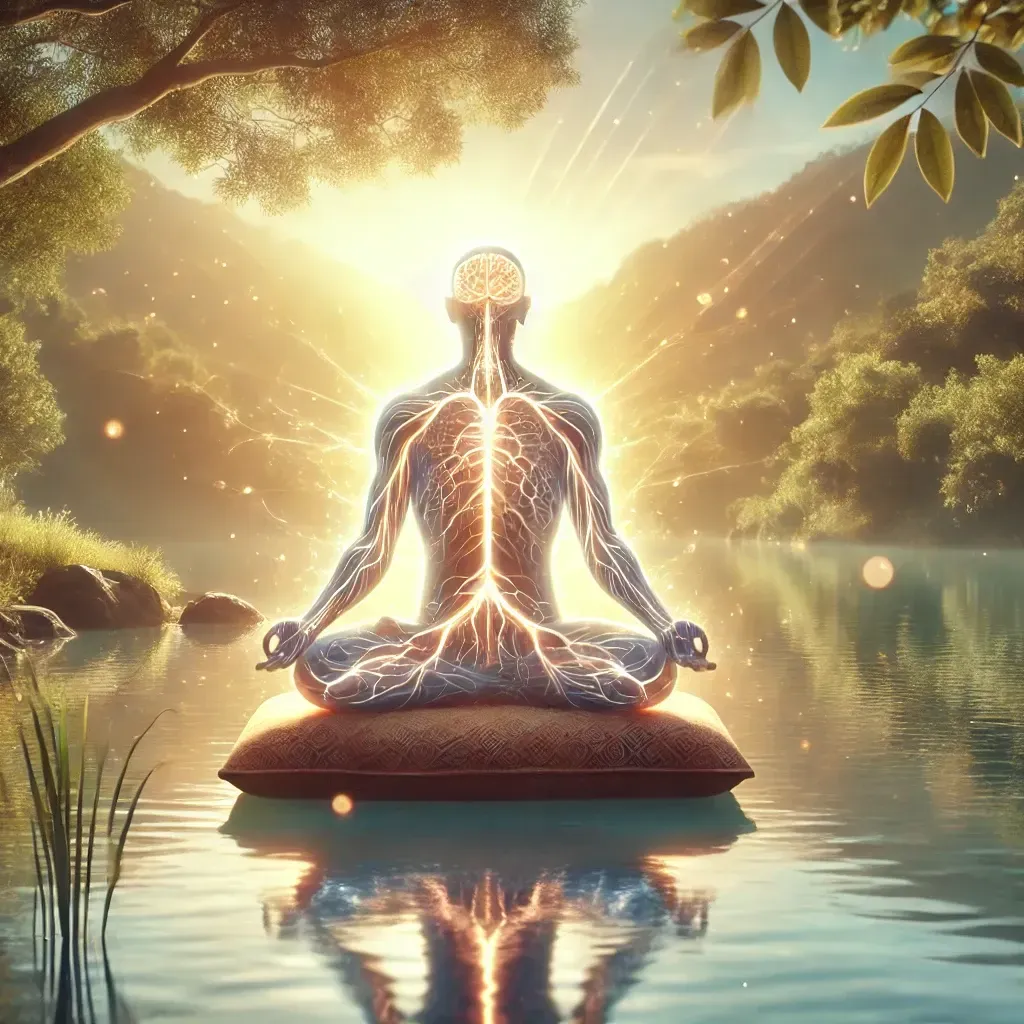
In today’s fast-paced world, the mind often races, driven by the demands of work, family, and personal ambitions. Meditation is commonly seen as a practice to calm the mind, foster inner peace, and connect with deeper aspects of existence. Yet, one crucial element often overlooked is the state of the body, particularly the nervous system. Relaxing the nervous system isn’t just a preparatory step; it is foundational for unlocking the deeper states of awareness and tranquility that meditation promises. Drawing insights from my journey and teachings, we will explore why this is so vital and how it transforms the meditative experience.



